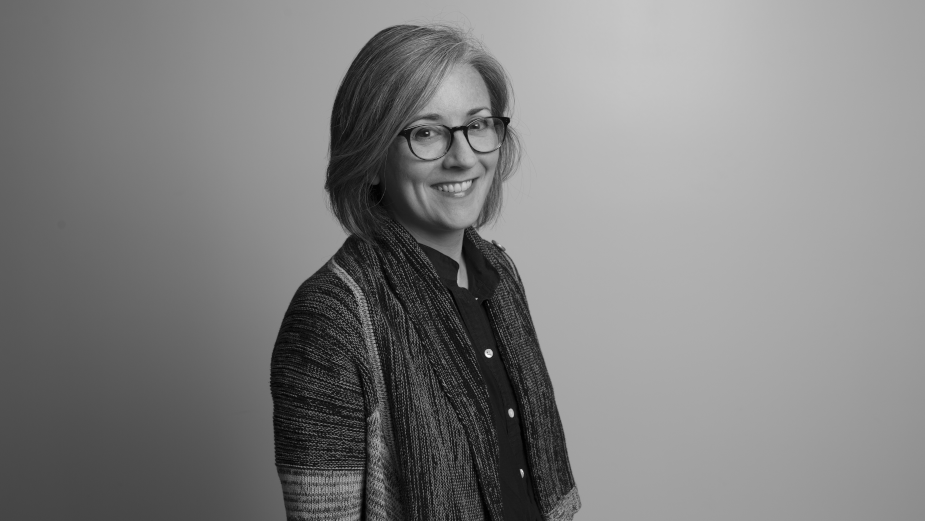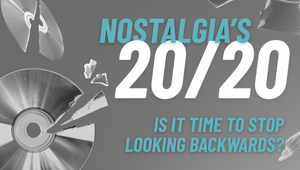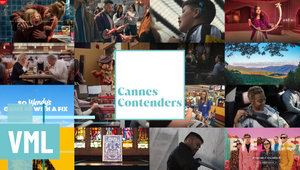
Good Grief: How Companies Can Help Us Reckon with the Ambiguous Losses of the Last Few Years

Much has been made of the tight labour market and the turnover of talent, of all kinds. While that is certainly creating a tide of change for everyone, there has been little said about the many kinds of loss that we have experienced as a result. Combine that with loss felt during the pandemic, and it all seems insurmountable at times.
In our early research on the impact of the pandemic on individuals, we saw that many had lost loved ones and strangers but had also missed important life experiences, from socialising with friends to graduations and births. Much of this tangible loss has lessened over time as fatigue surpassed fear, vaccines filled pharmacy shelves and milder covid strains emerged.
But we are also living in a world where we have endured several more abstract losses — things like a shared sense of reality, cultural values, bodily autonomy and financial security. Across the political spectrum (albeit with vastly different narratives), you might be feeling that your values or way of life are losing hold. You might have lost relationships out of distance or differences over the last few years. Maybe even a part of yourself has changed, as priorities have shifted. With the Great Resignation at hand, I would add that many of us have also felt the end of an era as we or our colleagues have left the office, upending the harmonious balance which absence so painfully featured.
All of these losses fall under what has been termed ‘ambiguous loss’ by expert Pauline Boss. As the term would suggest, there is a certain lack of clarity or definition to the experience. There is a pervasive fuzziness around it that actually makes it quite challenging to reckon with, especially since we don’t have societal rituals around this type of loss.
Rituals and acknowledgment are a key part of experiencing grief, and yet these are not accessible for these more quotidian losses. We are expected to show up to work, to carry on and in some ways act as though things are normal. Is it any wonder that so much of our workforce is experiencing a general malaise? Our resilience reserves have been depleted.
While grief can be quite unique, common symptoms surface, such as sadness, loss of pleasure, insomnia, difficulty focusing and apathy. Sound familiar to burnout? Maybe related? I’m not suggesting that you take a bereavement leave at every turn. Rather, we need to create a new way to acknowledge and process what has become a fairly frequent occurrence. For starters, let’s give up the misconception of closure. It’s a tidy American longing that just simply doesn’t exist in reality. A more constructive approach is realising that our relationship to loss can change, and we can find new ways of living with it.
Meaning Making
An early step is naming those losses and acknowledging the feelings and impacts they might have had on you personally. Naming the abstract starts to make it feel more tangible — it gives shape to the disparate thoughts and vague feelings that may have been floating around, untethered. In many cases, this helps us recognise what has happened, and in doing so, you may also realise that you’re not alone in it.
How companies can help:
While providing mental health benefits is a great start, we can’t outsource this conversation. Companies must realise that maximum productivity only sees one part of the person, and we need more compassion for the real humans on our teams. These are the same people who ploughed through the explosive growth and are weary from overwork and cumulative personal baggage. We need HR and operations systems to be better integrated to see and support the whole person.
Building Connections
Finding community and shared values allows us to support and be supported. We are often attracted to our workplaces because they bring like-minded people together — sort of a secular community playing a role akin to organised religion for some. The workplace is now seen as a place of purpose and spiritual meaning; knowing that others care about your experience and perspective provides the added strength needed to persevere. Sometimes it is as simple as feeling seen.
How companies can help:
Employee resource groups (ERGs) can be a wonderful way for folks to find support on specific topics, while mentorship programs can be a constructive way to share wisdom on career-related milestones and challenges. Thinking more broadly, we need work relationships that go beyond the work. As The New York Times pointed out, these workplace friendships can be instrumental in shaping us and our futures.
Finding Purpose
We must feel our feelings, but we can’t be trapped by them. We must find a way to harness and redirect our energy. This might be the hardest because it’s not what you feel like doing, but it’s also where companies and communities have the greatest opportunity to support. Our culture and how we show up to challenges can be a catalyst for finding new ways to adapt to change and loss.
How companies can help:
It’s wise for companies to support policies in line with employee values to blunt the impact of limited or repressive social issues. Don’t think for a second that this doesn’t matter when it comes to recruitment and retention, as companies are one of the few arenas where people trust them to do the right thing regarding social issues. More than half of the younger workforce today is making value-driven choices regarding who they want to work for, and the type of work they want to do. I happen to work at a company that also has a Foundation that supports giving to causes that matter most. This has a double benefit, in that it amplifies my values, but it also creates a way to bring folks together that share similar values. It feels good, and let’s be honest, we could all use a little more feel-good in our days.
Build the Future
We can’t go back. To be successful, we must adapt and find reasons to hope for what could be possible. It may take some space and creativity, but we must home in on what excites us about the future and rally around that. Maybe the route to getting there looks a bit different or takes a little longer, but that’s OK. Finding our motivation helps us find our way.
How companies can help:
This might be the hardest one for agencies because it involves decentralising power and thinking about things in new ways. Making space for employees to shape the future of work, work culture or the work itself allows for a co-creation that’s more powerful together.
I wish that I could say that there was an easy way to get there because, my, do I love a fresh slate. I’m realising that it’s a slow and somewhat slogging journey, but I’m also hopeful that if we name it and work on it together, we have a better chance. By weathering the waves, we build our collective resilience, and we can make something better.
Carrie Patterson Reed is the executive director of the Research Studio at VMLY&R. It is the 90th anniversary of research at VMLY&R, and the group is celebrating a rich and long-standing history of provocative questions that lead to transformative insights.















